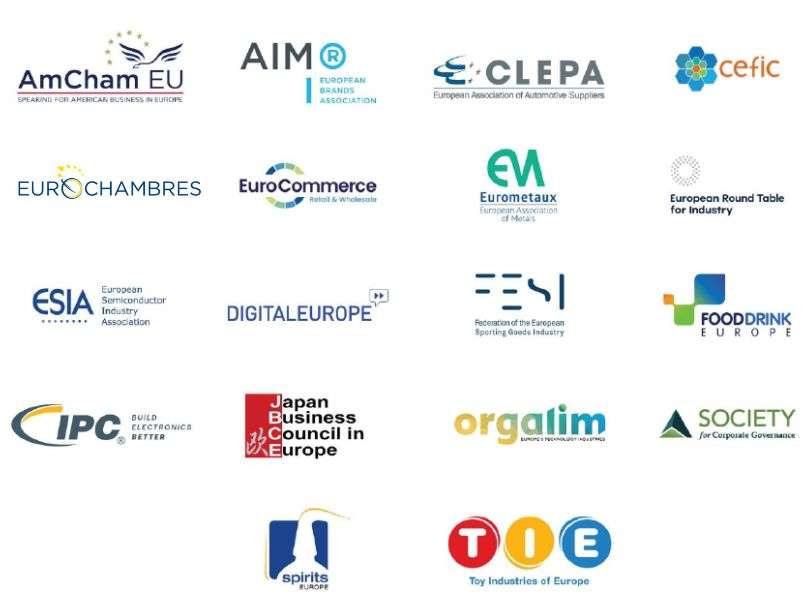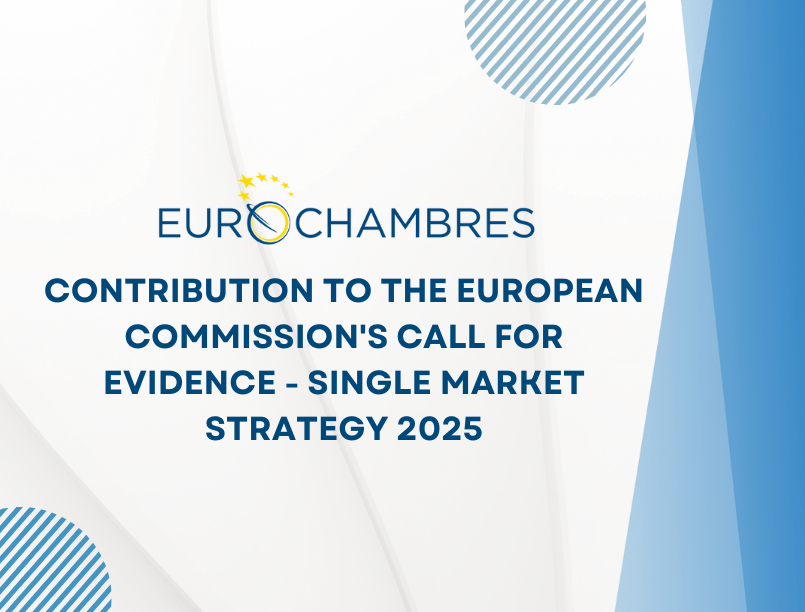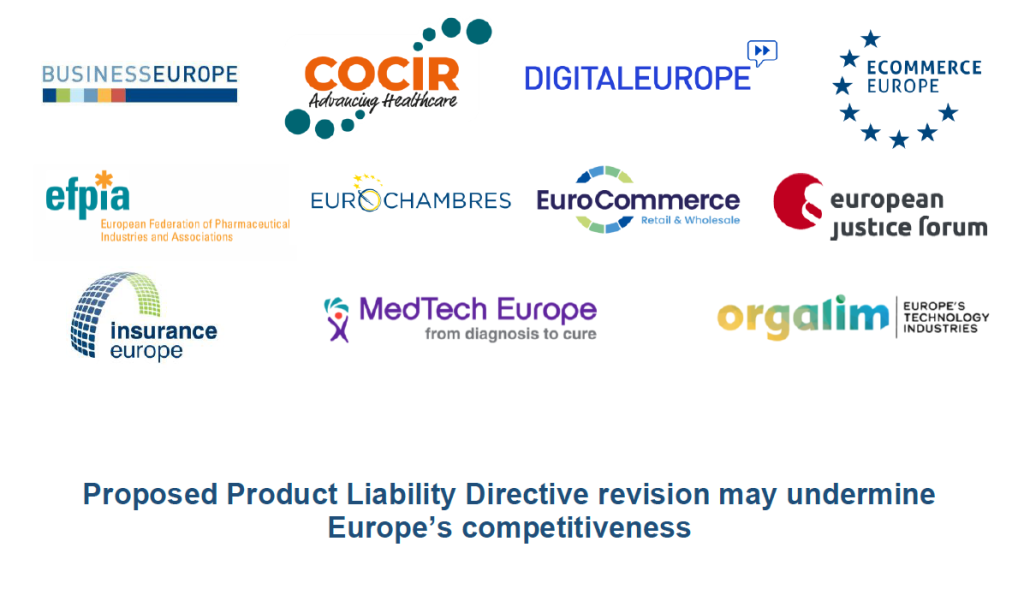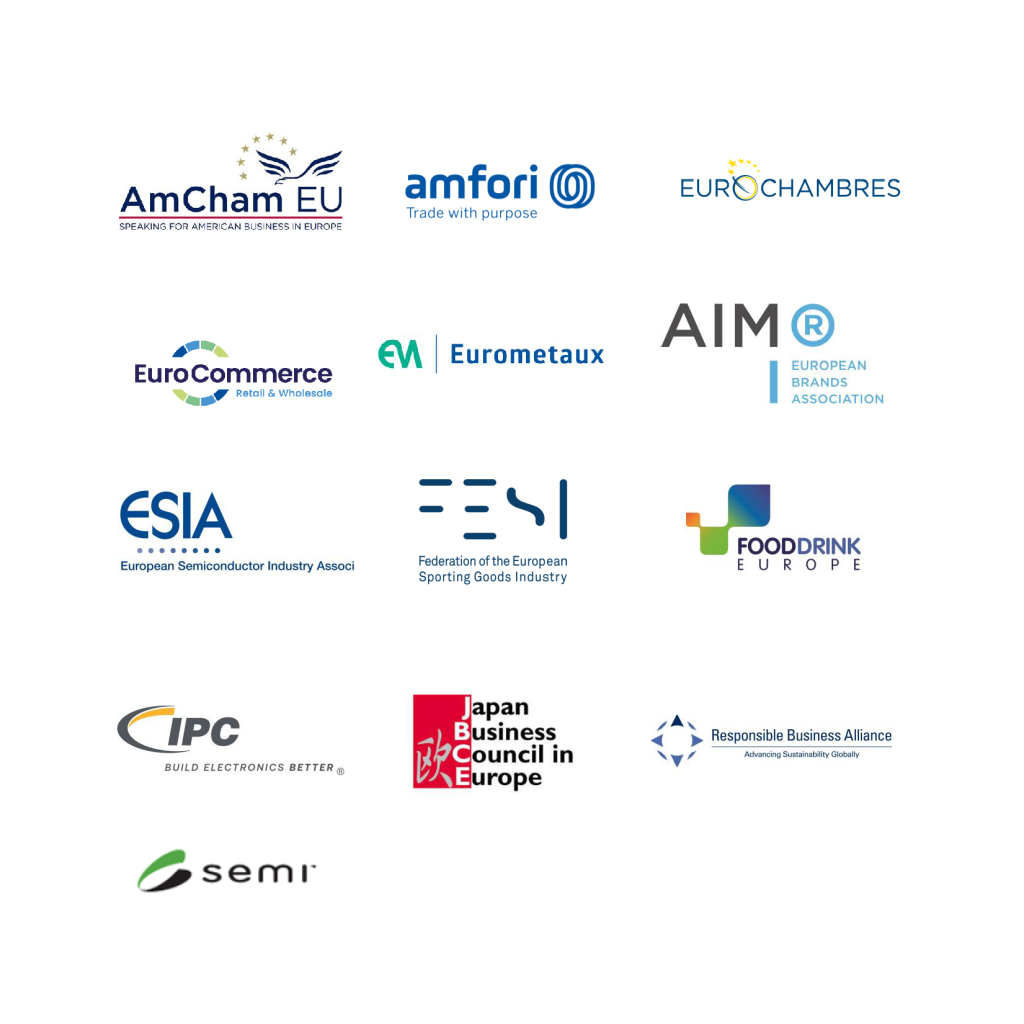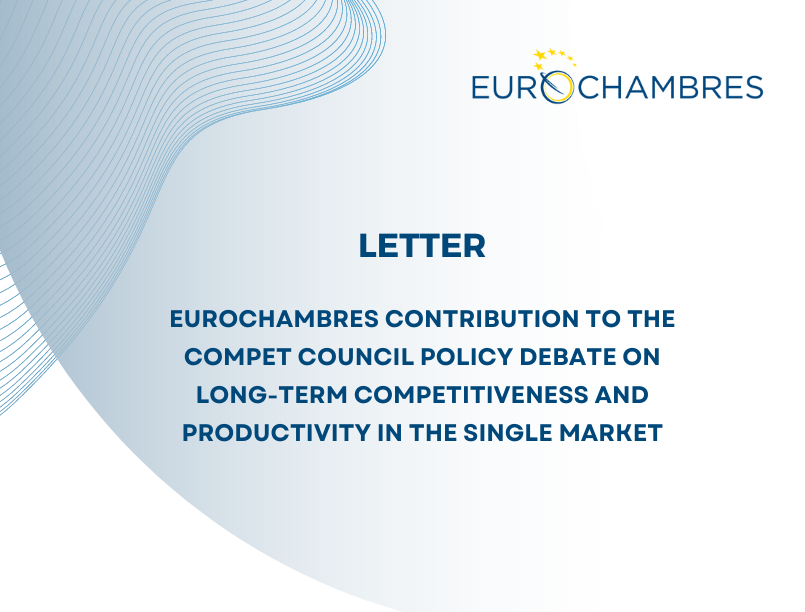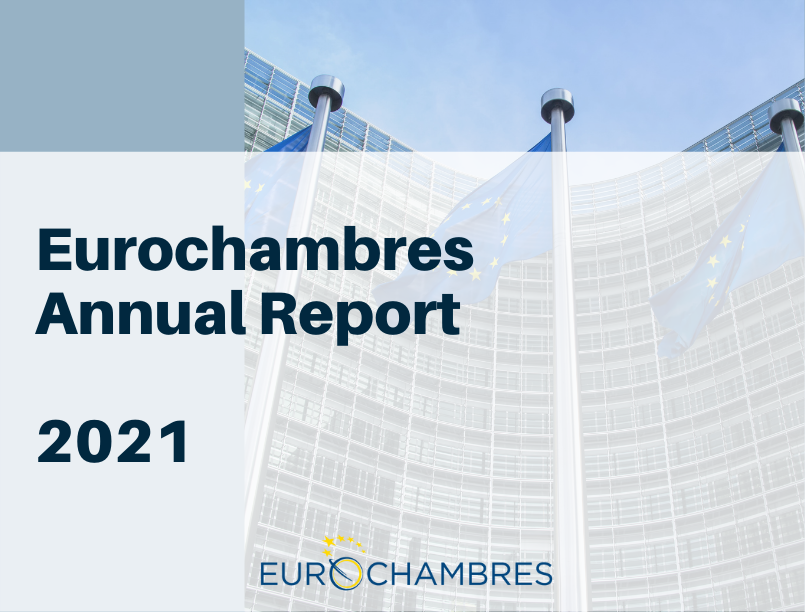Single Market
The single market is crucial to Europe’s competitiveness, yet troubling signs indicate it is not reaching its full potential. That’s why Eurochambres is committed to addressing the persistent barriers hindering the free movement of workers, goods, services, and capital across Europe.
To ensure a level playing field for all businesses, the EU must adopt common rules in key areas. Where full harmonisation is impractical, greater cross-border acceptance and flexibility are essential. The principle of mutual recognition, which allows goods legally marketed in one member state to be sold in others, is often inconsistently applied. This must be reaffirmed as a core pillar for completing the single market.
Eurochambres firmly supports efforts to streamline and harmonise administrative processes at the EU level, with an emphasis on digitalisation and improving the interoperability of national systems. The Single Digital Gateway (SDG) and Internal Market Information System (IMI) are key tools for ‘digital by default, open by default and cross-border by default’ to be reality for Europe’s business community. Furthermore, Eurochambres urges EU institutions to protect the single market by ensuring proper transposition, implementation, and enforcement of existing rules.
Besides, digitalisation is reshaping business models and production processes across all sectors at an unprecedented pace. Advances in artificial intelligence are opening up new business opportunities by enabling predictive maintenance, dynamic pricing and mass customisation. The rise of IoT, quantum and cloud technologies is transforming data management, connectivity and operational efficiency, while introducing new security risks. As a result, the need for a safe cyberspace and the protection of trade secrets for businesses has never been greater.
As new digital technologies reshape the business landscape, the regulatory framework is adapting accordingly. Ongoing developments in data protection, contract law, competition law, workers' rights and safety, and taxation have a direct impact on businesses, making their involvement in legislative discussions essential.
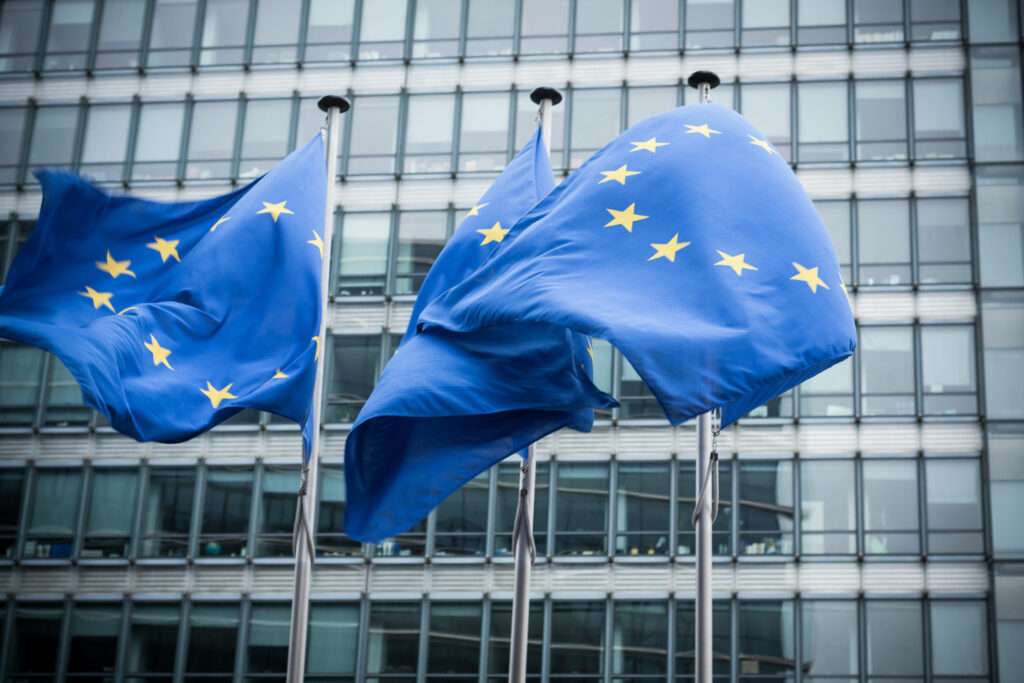
- Tomas Prouza – Chair
- Frederico Martins – Senior Policy Advisor
- Related Documents
- Related Projects
- Related Staff Members
- Related Videos

Position on the 2025 Single Market Strategy

Business and Artificial Intelligence: Strategies for Success

Single Market Priorities for the 2024-2029 EU term

Europe’s single market depends on a new industrial and competitiveness strategy

Exploring the intersection of business and digitalisation

European Parliament vote on Corporate Sustainability Due Diligence undermines supply chains and competitiveness
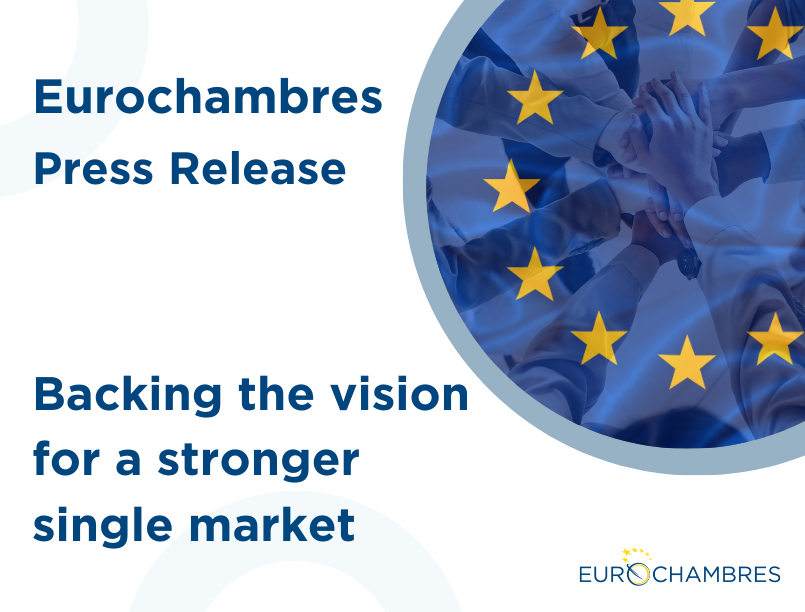
Chambers of commerce and industry welcome Enrico Letta’s vision for a stronger single market

Single market: new business survey reveals need for practical solutions to persistent cross-border barriers

2024 Eurochambres Single Market Survey: overcoming obstacles, developing solutions

State of the Union 2023: business competitiveness and tackling regulatory burdens must be priorities

Eurochambres messages to the 29-30 June 2023 European Council
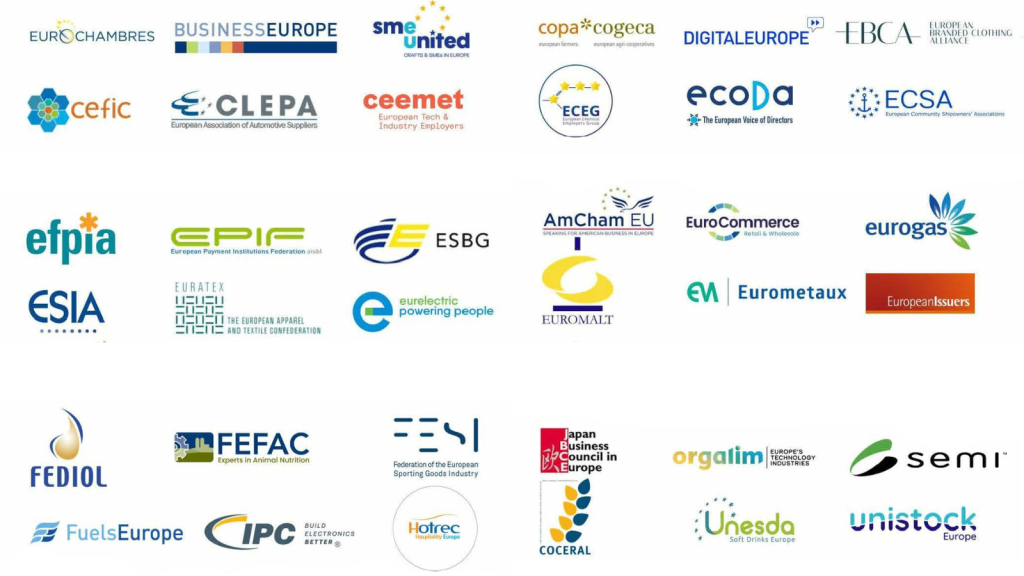
Joint Business statement on the Corporate Sustainability Due Diligence Directive (CS3D)
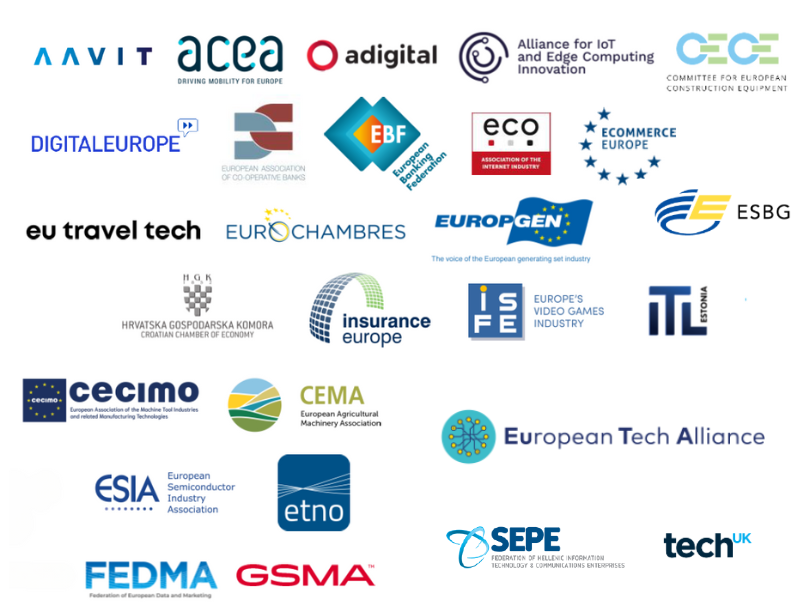
Joint statement on the Data Act: caution and restraint needed in public bodies' access to data from private companies

A balanced compromise on Corporate Sustainability Due Diligence will shape the future of EU companies
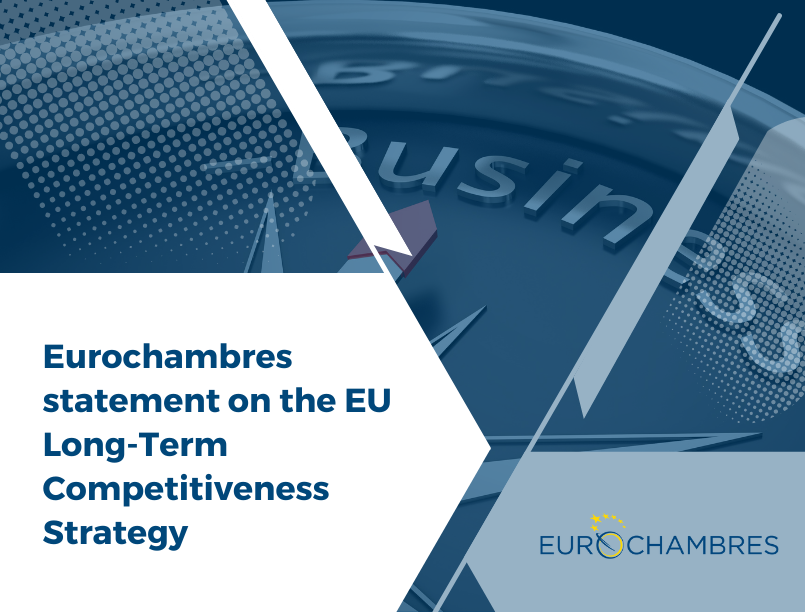
Eurochambres statement on the EU long-term Competitiveness Strategy

Eurochambres position on the European Commission’s proposal for an Artificial Intelligence Liability Directive (AILD)

Eurochambres position on the Green Deal Industrial Plan: putting Europe’s net-zero industry in the lead

Joint industry statement on the Data Act: Safeguards necessary to ensure Chapter V preserves data holders’ fundamental rights

Chambers call for structural changes to revive the Single Market
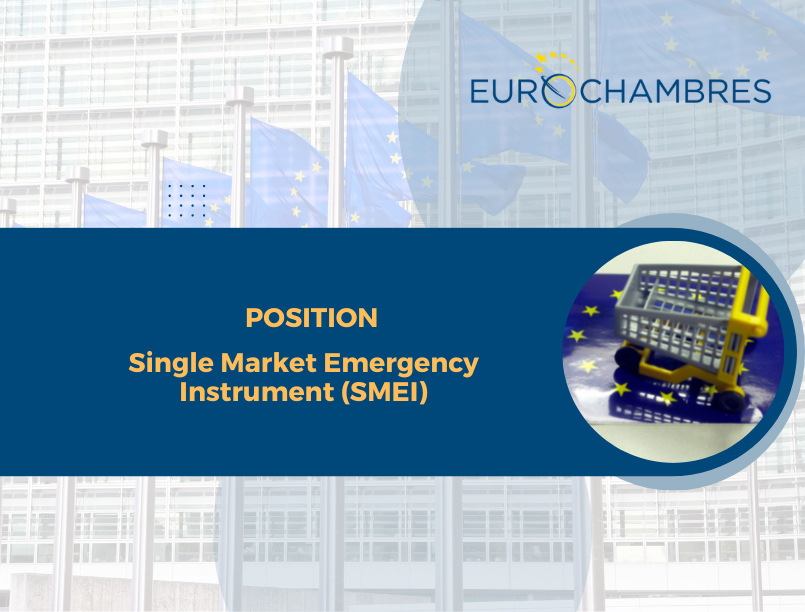
Eurochambres position on the Single Market Emergency Instrument (SMEI)

Eurochambres position on the European Commission’s proposal for a Data Act

Joint statement: Businesses call for fresh political engagement to renew economic integration in the Single Market
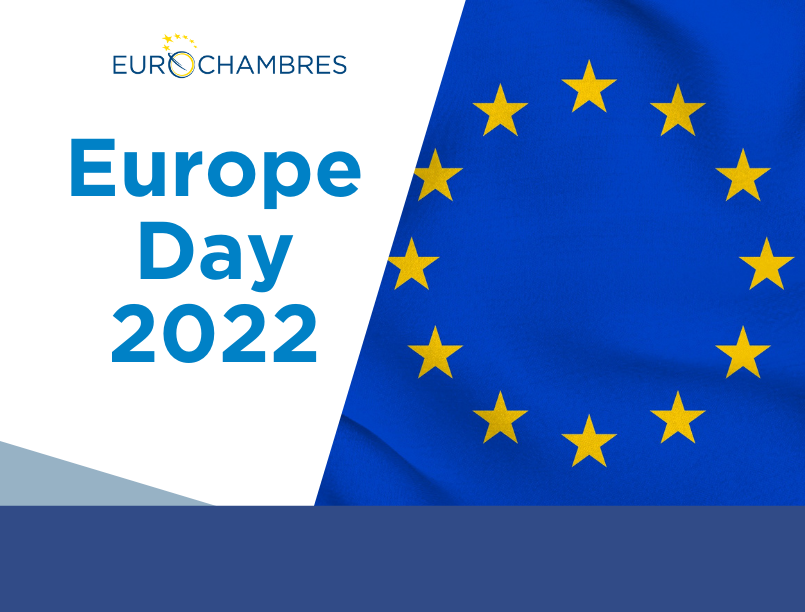
Europe Day 2022: take inspiration from the past to solve today’s challenges
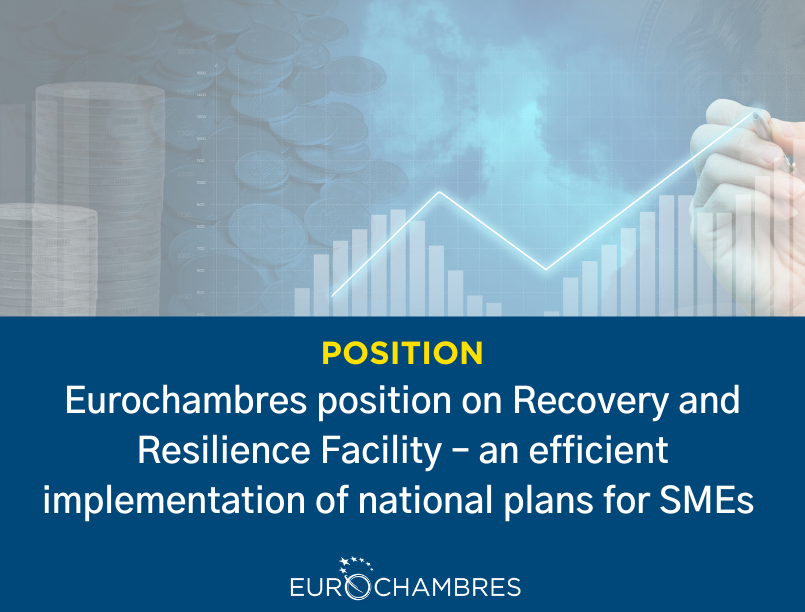
Eurochambres position on Recovery and Resilience Facility – an efficient implementation of national plans for SMEs
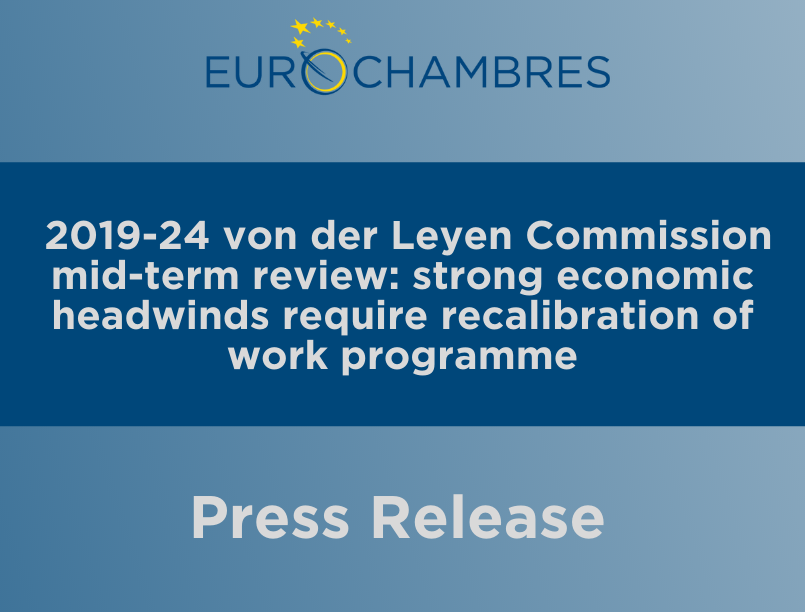
2019-24 von der Leyen Commission mid-term review: strong economic headwinds require recalibration of work programme

Eurochambres positon on 2019-2024 von der Leyen Commission mid-term assessment
Eurochambres contribution to the Commission consultation on "Adapting Liability Rules to the Digital Age and Artificial Intelligence"
2022 a year to make businesses more resilient and fit for the future

Eurochambres welcomes the AI Act proposal, but hopes that it will spur rather than curb innovation in the EU
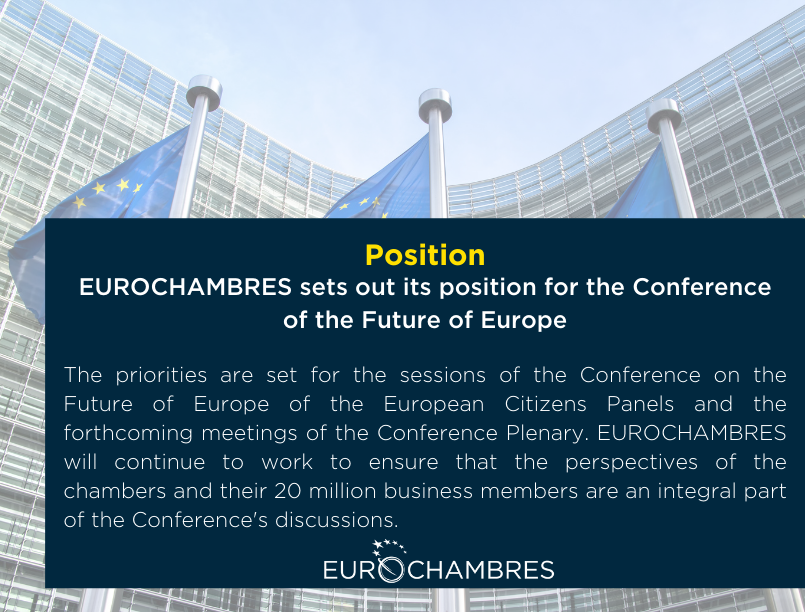
Eurochambres sets out its priorities for the Conference of the Future of Europe (COFOE)
European Chambers of Commerce call policy makers to set fair and realistic rules for entrepreneurs
Luc Frieden elected as next President of EUROCHAMBRES
Outcomes of Reviving Europe - online event series
Joint Statement European business community calls for the rapid ratification and entry into operation of the Unitary Patent System
Eurochambres key messages for the 29 September 2021 Competitiveness Council meeting
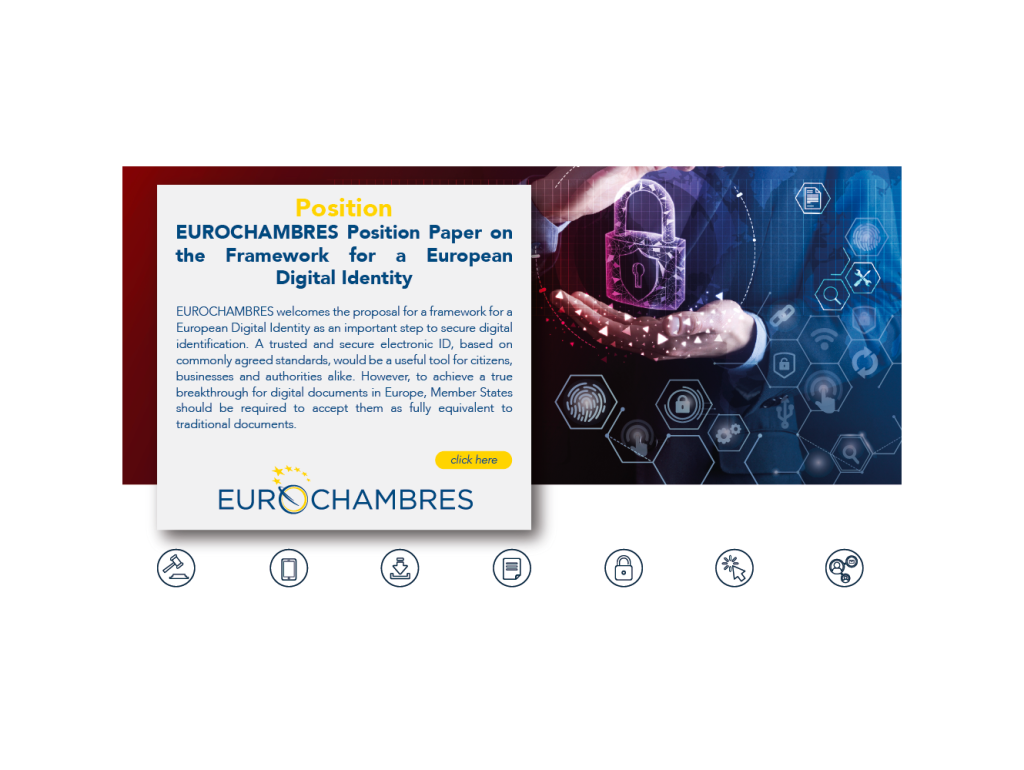
Eurochambres position on the framework for a European Digital Identity
SOTEU 2021: a strong economy is crucial to meeting Europe’s challenges

Eurochambres position on updated Industrial Strategy

Eurochambres Input to the Data Act Consultation
New survey reveals scale of digital transformation of businesses during pandemic

Eurochambres reaction to the Commission's proposal for a regulation on a Single Market for Digital Services Act

